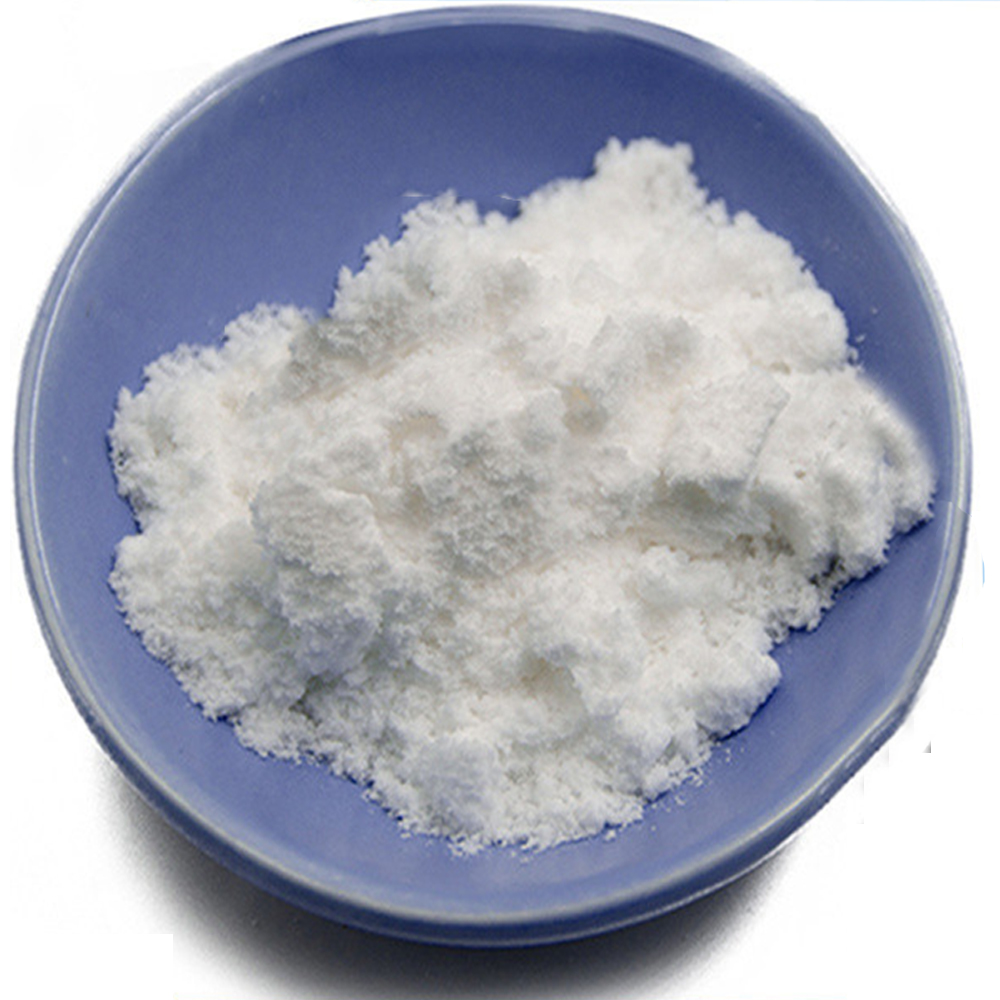



Sodium Chlorate Properties and Its Acidic or Basic Nature Explained
Sodium Chlorate Acid or Base?
Sodium chlorate (NaClO₃) is an inorganic chemical compound that plays a significant role in various industrial applications, especially in the fields of agriculture and disinfection. To determine whether sodium chlorate is an acid or a base, we first need to understand its chemical structure, properties, and behavior in aqueous solutions.
Sodium chlorate consists of sodium cations (Na⁺) and chlorate anions (ClO₃⁻). The chlorate ion is derived from chloric acid (HClO₃), which implies that sodium chlorate has the potential to exhibit acidic properties. However, when we examine sodium chlorate's behavior in water, the picture becomes clearer.
When sodium chlorate is dissolved in water, it dissociates into its constituent ions
\[ \text{NaClO}_3 (s) \rightarrow \text{Na}^+ (aq) + \text{ClO}_3^- (aq) \]
The sodium ions (Na⁺) are neutral and do not affect the acidity of the solution. The chlorate ions (ClO₃⁻), on the other hand, have no significant ability to donate protons (H⁺) to the solution, which is a characteristic of acids. Additionally, the chlorate ion does not readily react with water to produce hydroxide ions (OH⁻), which would be characteristic of a base.
sodium chlorate acid or base

To further explore the nature of sodium chlorate, we can consider its pH in an aqueous solution. A solution of sodium chlorate is typically neutral, with a pH around 7. This neutrality arises because neither the sodium ion nor the chlorate ion contributes to increasing the concentration of hydrogen ions in solution, nor do they create a surplus of hydroxide ions.
In comparison to other salts, sodium chlorate behaves similarly to many neutral salts concerning its pH level in solution. For instance, potassium chloride (KCl) and sodium sulfate (Na₂SO₄) also yield neutral solutions upon dissolution, as they too consist of ions that do not interact with water to produce acidic or basic conditions.
Although sodium chlorate does not function as an acid or a base in aqueous solution, it has specific applications that exploit its oxidizing properties. Sodium chlorate is widely used as a herbicide due to its ability to disrupt the chlorophyll synthesis in plants, making it an effective agent for weed control. Additionally, it is utilized in the production of chlorine dioxide, an important disinfectant and bleaching agent in various industrial processes.
Moreover, sodium chlorate holds a place within the realm of redox chemistry. As an oxidizing agent, it can react with reducing agents to produce chloride ions (Cl⁻) and oxygen gas (O₂). Through these reactions, it can participate in processes that require the transfer of electrons, further showcasing its reactivity despite its neutral pH.
In conclusion, sodium chlorate is neither an acid nor a base in the conventional sense. Instead, it exists as a neutral salt with important industrial applications. While it does originate from an acid, its behavior in solution demonstrates that it does not exhibit acidic properties. Its significance lies more in its oxidative capabilities and its role in agricultural and sanitation practices. Understanding sodium chlorate's classification is vital for professionals working in chemistry, agriculture, and environmental science, as it guides the application of this compound in various contexts.
-
Why Sodium Persulfate Is Everywhere NowNewsJul.07,2025
-
Why Polyacrylamide Is in High DemandNewsJul.07,2025
-
Understanding Paint Chemicals and Their ApplicationsNewsJul.07,2025
-
Smart Use Of Mining ChemicalsNewsJul.07,2025
-
Practical Uses of Potassium MonopersulfateNewsJul.07,2025
-
Agrochemicals In Real FarmingNewsJul.07,2025
-
Sodium Chlorite Hot UsesNewsJul.01,2025










